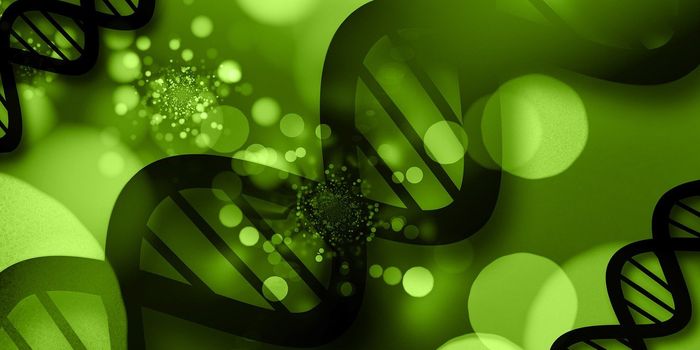More young adults are being diagnosed with esophageal adenocarcinoma
New research published in a journal of the American Association for Cancer Research, Cancer Epidemiology, Biomarkers & Prevention, reports an increased incidence of esophageal adenocarcinoma in young adults under age 50, with young adults experiencing more diagnoses of advanced stages of the cancer.
Although cancer of the esophagus is not particularly common, esophageal adenocarcinoma (EAC) is one of the most common kinds of esophageal cancer. With a five-year survival rate of 19.9%, people with esophageal cancer have low survival outcomes.
"Patients who present with late-stage esophageal cancer typically have poorer outcomes than those with early-stage disease. As such, it is important to understand the epidemiology of esophageal cancer to target our screening strategies," explained Prasad G. Iyer, MD, MSc, who is a professor of medicine in the Barrett's Esophagus Unit at the Mayo Clinic in Rochester, Minnesota.
In conducting this investigation, Iyer and co-author Don C. Codipilly, MD, who is a gastroenterology fellow at the Mayo Clinic, used age group data from the Surveillance, Epidemiology, and End Results database for 34,443 cases of EAC diagnosed between 1975 and 2015. The age groups were categorized as: under 50; 50-69; and 70 and over.
Their analysis showed that the incidence of cancer rose across all age groups, but that patients in the youngest age group were more likely to be diagnosed at advanced stages of the disease. Specifically, in people under 50, 84.9% were diagnosed at regional or distant stages, while in people 50 or older, 67.3% were diagnosed at these stages.
Those under 50 also experienced a subsequent lower survival rate than people over 50, with a five-year EAC-free survival rate of 22.9% and 29.6%, respectively. These conclusions were relevant for data gleaned from the time period of 2000-2011.
This rising incidence of EAC in young adults parallels a concerning pattern also seen in colon cancer. "The magnitude of late-stage disease and poor cancer-related survival in this age group were surprising findings for us," Iyer said. "We are also concerned by the trend of increase over the past four decades." The authors comment that the trend may be accounted for because physicians may recognize common symptoms – such as difficulty swallowing, chest discomfort, or unintended weight loss – as evidence of other health concerns, which often delays screening and diagnosis.
"Physicians must keep in mind that EAC is not a disease of the elderly and that outcomes for young people with EAC are dismal," Codipilly warns. "Our findings suggest that physicians should have a low threshold of suspicion for patients who present with dysphagia (difficulty swallowing). While younger patients would typically not be at high risk for EAC, they may benefit from an upper endoscopy."
Sources: Cancer Epidemiology, Biomarkers & Prevention, Eureka Alert









